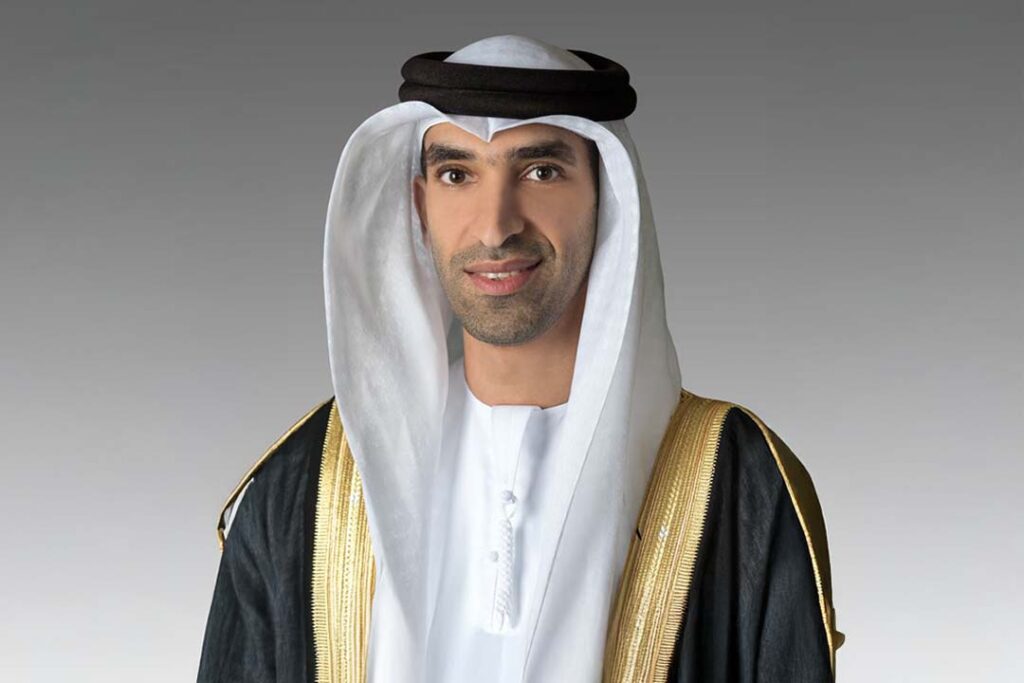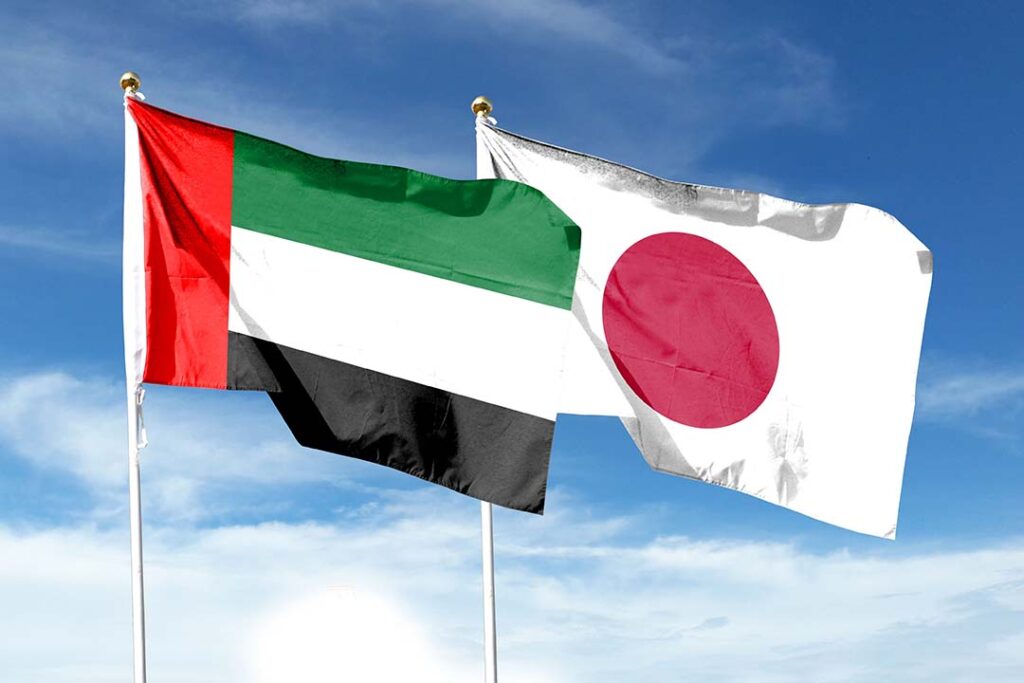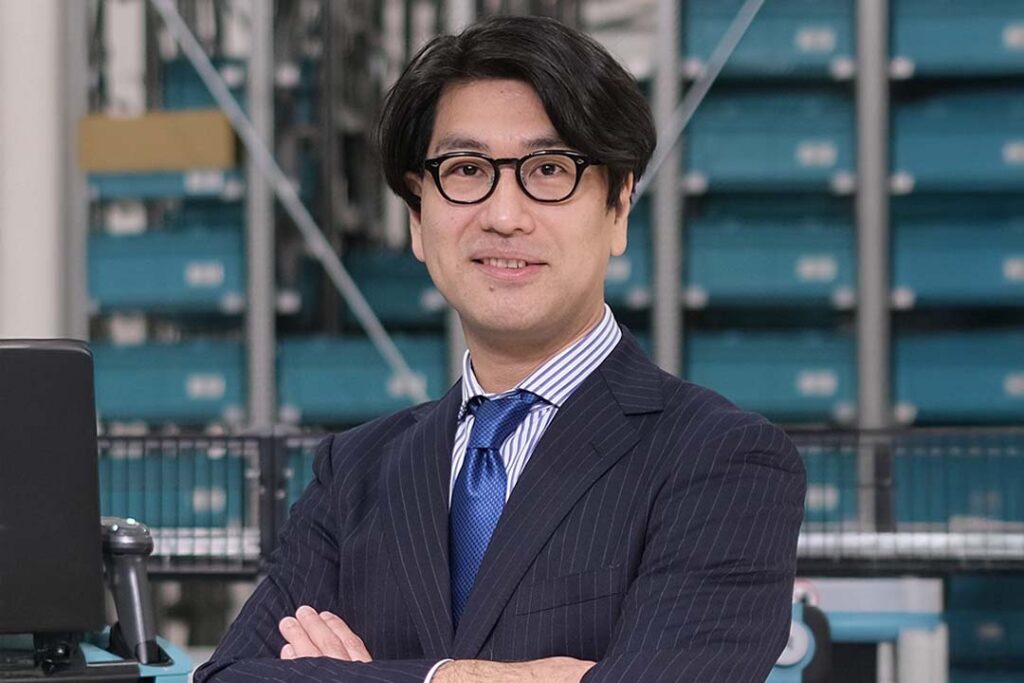Denmark, a leader in greenhouse gas reduction policies, champions green shipping through companies like Ultrabulk and Union Bulk. Additionally, data-driven tech firms such as YGGDRASIL Commodities and Trackunit drive innovation in energy trading and construction. Supported by governmental entities and industry organizations such as Invest in Denmark, State of Green, the Danish Maritime Authority, Danske Maritime, and Danske Rederier, Denmark remains steadfast in its efforts to nurture closer collaboration with Japan.
Partners for progress in the maritime sector
While the two nations are geographically distant, their economic ties — especially in the shipping industry — have forged an enduring partnership. The shipping sector is a keystone in the Denmark-Japan relationship, since both countries have significant maritime industries. Denmark, with its long seafaring history and competence in shipbuilding, has emerged as a global leader in marine technology and innovation. On the other hand, Japan, known for its strong technical capabilities and technological innovation, has emerged as a major participant in ship design, production, and operations. “Denmark and Japan share a long-standing history of collaboration in the maritime sector, characterized by strong ties between our respective industries and regulatory bodies. Collaboration extends beyond traditional partnerships, encompassing shared ambitions regarding sustainability and digitalization. Despite differences in approach and expertise, our collaboration often yields innovative solutions that benefit both nations,” Andreas Norseth, Director General of the Danish Maritime Authority, pointed out.
Denmark and Japan share a long-standing history of collaboration in the maritime sector, characterized by strong ties between our respective industries and regulatory bodies.
Andreas Norseth, Director General of the Danish Maritime Authority
Similarly, Jenny N. Braat, CEO of Danish (Danske) Maritime, emphasized: “For Danish maritime manufacturers, and the industry in general, it is important to maintain close ties with other countries —especially countries that hold a high level of technological innovation. Therefore, interaction with the Japanese maritime industry is much appreciated by the Danish maritime industry. As a sparring partner for international collaborations and technological development, the Japanese maritime industry is highly valued.”
Setting the course in green shipping solutions
These shared ambitions, interactions, and complementary areas of expertise continue to give rise to an array of opportunities for the two nations to work together even more synergistically — particularly in the various aspects of green shipping. “Japan is an important partner for Danish shipping. We share fundamental values…Danish and Japanese authorities, as well as shipowners, are represented in various shipping forums and international organizations. In the coming years, the International Maritime Organization (IMO) has the important task of agreeing upon the international regulatory measures necessary to underpin the ambitious goal of climate neutral shipping by 2050. Japan, Denmark, and other great shipping nations must work together to make climate neutral shipping a reality,” Anne Steffensen, Director General of Danske Rederier, the Danish Shipowners’ Association, underscored.
Vanessa Vega Saenz, Director at, Invest in Denmark, a one-stop shop for tailor-made business solutions for investors in Denmark, relayed similar sentiments: “Japan and Denmark share many interests and are enhancing bilateral cooperation to solve mutual challenges. It is essential for Danish maritime manufacturers and the industry to build and maintain strong connections with other nations; in particular, with those that excel in advanced technological innovation.”
Leading global dry bulk operator, Ultrabulk, active in Japan for 25 years, is making great strides in green shipping. The company’s incoming new vessels are all fitted with modern technology to meet the latest environmental standards, and have all been chartered with long-term partners in Japan. “We consider our ties with Japan strong and rewarding…there are, of course, other sources for new bulk carriers. But we keep coming back to Japan,” Hans-Christian Olesen, Utrabulk’s CEO, said.
Danish dry bulk shipping and freight trading company, Union Bulk, likewise expressed eagerness to forge deeper connections with the Japanese market. The company’s Managing Director, Jens Boesen, noted: “We now have the financial capacity to enter into long term contracts of five-seven years or longer with Japanese shipowners; we want to expand our business model and our relations with the Japanese shipping community into such long term commitments.”
Japan and Denmark share many interests and are enhancing bilateral cooperation to solve mutual challenges.
Vanessa Vega Saenz, Director at Invest in Denmark
Leveraging technology in diverse industries
Danish companies are likewise leveraging technological advancements to streamline processes and operations, leading to greater efficiencies, across an array of industries — including the energy and construction sectors. As Magnus H. Mernild, Head of PR & Communication at Danish non-profit organization, State of Green, opined: “Japan and Denmark are technologically advanced economies and can therefore cooperate in becoming net-zero, as well as inspiring others to accelerate the implementation of clean energy technologies. Our two countries are already cooperating in various ways, including a host of collaboration agreements on political, regulatory, and industry levels.”
Renewable energy is not the only focus of Denmark-Japan collaboration in the cleantech sphere. Both nations are also actively exploring opportunities in various sectors, including power generation. Agersbæk Jensen, Co-Founder & CEO at data-driven power trading company, YGGDRASIL, said that the company “identified the need of managing physical power from renewables by market specialists in Japan,” and that their growth in the Japanese market came in response to the “quick expansion of solar and wind in Japan.” As such, the company opened its office and trading facilities in Tokyo, in 2022.
In construction, Danish company Trackunit, is likewise maximizing technology within the industry. The pioneering provider of SaaS-based IoT solutions for the construction sector is focusing on Japan for its expansion efforts. “A notable trend we’re observing…is the transition from homegrown systems to specialized solutions offered by industry experts like Trackunit. With our scalable platform and cybersecurity focus, we’re well-equipped to replace legacy systems and provide Japanese companies with the tools they need to thrive in the digital era,” Soeren Brogaard, CEO of Trackunit ApS, said.
Japan and Denmark are technologically advanced economies and can therefore cooperate in becoming net-zero, as well as inspiring others to accelerate the implementation of clean energy technologies.
Magnus H. Mernild, Head of PR & Communication at State of Green
Collaborating to effect change amidst challenges
Overall, the partnership between Denmark and Japan in shipping and technology, and in the energy sector — namely, in cleantech, green technologies, and renewables — epitomizes the potential for international cooperation to drive positive change amidst pressing environmental challenges. Through collaborative efforts, knowledge exchange, and shared expertise, both countries have made significant strides in advancing renewable energy technologies, promoting green innovation, and addressing climate change challenges. In so doing, Denmark and Japan are not only strengthening their bilateral relations, but also contributing to the global transition towards a more sustainable and environmentally resilient future.

















